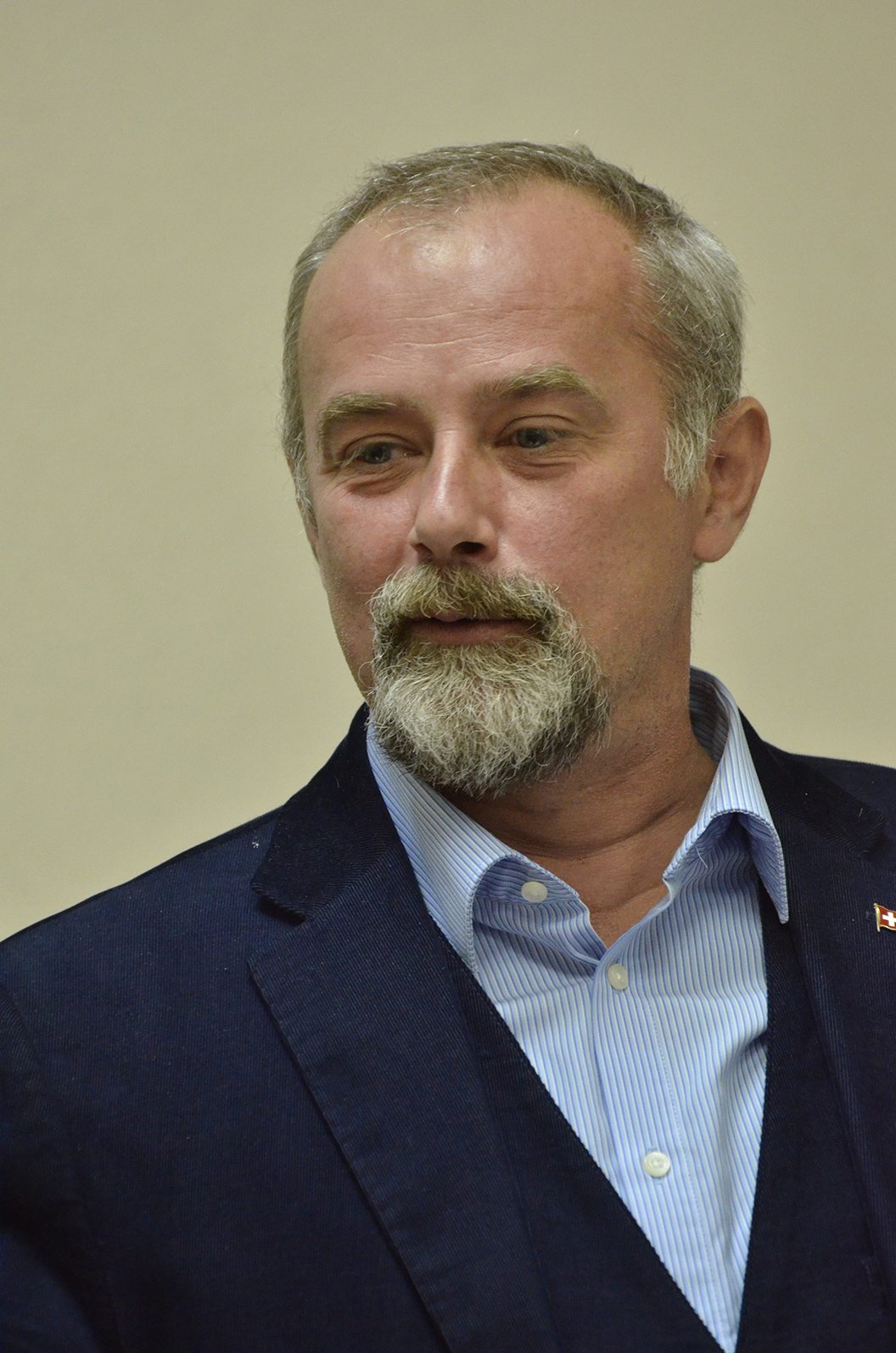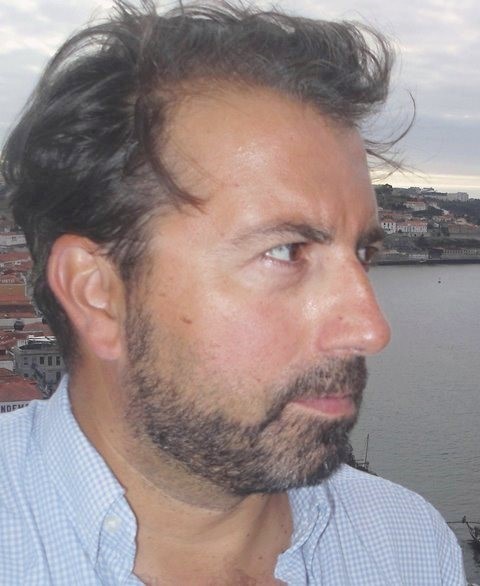KEYNOTE SPEAKERS






Professor Clive Bloom
Described by The Times as "a polymath", Clive Bloom is Emeritus Professor of English and American Studies at Middlesex University,
best-selling author and publisher. When Professor Bloom isn't writing and researching he divides his time between New York University and The
University of Notre Dame.
Clive Bloom was the historical consultant to the BBC and a number of national and international newspapers on the G20 and the summer riots in Britain. He is an occasional
feature writer for The Financial Times, The Times, The Guardian, The independent, The Irish Times and the London Evening Standard, regularly appearing on television and
radio and he is quoted in the Columbia Book of World Quotations.
His numerous books include Restless Revolutionaries, Violent London: 2000 Years of Riots, Rebels and Revolts, Bestsellers: Popular Fiction Since 1900, Terror Within: The
Dream of a British Republic, Cult Fiction: Popular Reading and Pulp Theory; and Gothic Horror, all of which have enjoyed international recognition.
" According to Times Higher Education Magazine, “Bloom is a [...] public intellectual, a regular media commentator and the prolific author and editor of books on pulp fiction,
Poe and Freud, graphic novels, politics and literature, best-sellers, American Gothic, British horror, violence and the occult. In short, he has street cred".
Source of information: http://www.clivebloom.com/
Professor Ingrid Schoon
Ingrid Schoon is Professor of Human Development and Social Policy at the Institute of Education, University College London.
She is Research Professor at the Social Science Centre (Wissenschaftszentrum) Berlin. Her research interests are focused on the study of risk
and resilience, especially during the transition from dependent childhood to independent adulthood, and regarding social and gender equalities
in attainment, health and well-being. Her research is based on longitudinal evidence using quantitative national representative data, such as the
British cohort studies.
She has served as advisor to government departments, and is actively engaged in international comparative research. She is currently directing an international
post-doctoral Fellowship Program PATHWAYS to Adulthood (http://www.pathwaystoadulthood.org/), providing mentoring to early
career researchers engaged in the study of productive youth development, collaborating with colleagues in the UK, Europe and Australia. She is a member of several national
and international review boards, such as the Swiss National Centre of Excellence (NCCR) "LIVES - Overcoming Vulnerability: Life Course Perspectives”; the German Family Panel
PAIRFAM (“Panel Analysis of Intimate Relationships and Family Dynamics”); and the German Youth Institute (DJI) Surveys. Her publications include over 100 scholarly articles,
as well as a monograph on ‘Risk and Resilience’and two edited books on ‘Transitions from school-to-work' (with Rainer K. Silbereisen) and 'Gender differences in aspirations
and attainment' (with Jacquelynne Eccles), all published by Cambridge University Press.
Professor Alexandru Gafton
Alexandru Gafton (July 17, 1966) – evolutionary linguist and philologist, with a Humean naturalist perspective. Student of Professor
Vasile Arvinte.
Professor at the "Alexandru Ioan Cuza" University of Iaşi Author of studies that attempt to understand the dynamics of language, thought, society and the evolution of
relations between them; author of critical editions of old Romanian texts; translator and commentator of works in the fields of diachronic linguistics and the history
of Christianity, evolutionism and mentalities.
Professor Ștefan Borbély
ŞTEFAN BORBÉLY (born: Oct. 31, 1953, Făgăraş, Romania) is a Professor at the Department of World and Comparative literature of The Faculty of Letters in Cluj, Romania (Babes-Bolyai University). He holds a Ph.D. in comparative literature (1999). Starting as an editorial member of the student literary journal Echinox, edited in Cluj, he made his debut in 1995, by publishing the volume of essays Grădina magistrului Thomas (Master Thomas’s Garden) . His further books are: Xenograme (Xenograms, 1997), Visul lupului de stepă (The Steppenwolf’s Dream, 1999), De la Herakles la Eulenspiegel. Eroicul (From Herakles to Eulenspiegel. The Hero, 2001; 2nd ed. in 2013), Opoziţii constructive (Constructive oppositions, 2002), Matei Călinescu. Monografie (Matei Calinescu. A monography, 2003), Cercul de graţie (The Circle of Grace, 2003), Proza fantastică a lui Mircea Eliade. Complexul gnostic (Mircea Eliade’s Fantastic Fiction. The Gnostic Complex, 2003), Mitologie generală I (General Mythology, I, 2004), Despre Thomas Mann si alte eseuri (On Thomas Mann and other Essays, 2005), O carte pe săptămână (A Book per Week, 2007), Pornind de la Nietzsche (Starting from Nietzsche, 2010), Existenţa diafană (The Serene Existence, 2011), Homo brucans şi alte eseuri (Homo brucans and Other Essays, 2012), Civilizaţii de sticlă. Utopie, distopie, urbanism (Glass Civilizations. Utopia, Dystopia, Urban Planning, 2013), Eseuri biblice (Biblical Essays, 2015). He coordinated Experienţa externă (Experience Abroad, 1999), as well as Ion Pop – şapte decenii de melancolie şi literatură (Ion Pop – 7 Decades of Melancholy and Literature, 2011) and translated G.M. Tamas’s essays into Romanian (Idola tribus, 2001). He is a member of the Romanian Writers’ Union and contributing editor for The Journal for Psychohistory. He has contributed to many literary dictionaries and encyclopedias such as: Dicţionarul Scriitorilor Români (The Romanian Writers’ Dictionary, DSR, vol. 1-4), Dicţionarul Esenţial al Scriitorilor Români (the abbreviated version of the previous work, DESR), Dicţionar Analitic de Opere Literare Româneşti (The Analytical Dictionary of the Romanian Literary Works, vol. 1-4), The Facts on File Companion to the World Novel (2008). Scholarships: four New Europe College (Bucharest) scholarships during 1996 and 2004; East European Scholar, St. John’s College, Oxford, UK, June (1999); Fulbright Visiting Scholar, Indiana University, Bloomington, US (March-Nov. 1992); visiting fellow in New York: at Columbia University and at The Institute for Psychohistory respectively (1997, 1999, 2000); visiting fellow, University of North Carolina, Chapel Hill (2001), Jawaharlal Nehru University, India (Institute of Advanced Study, 2009), and Universidad de Granada, Spain (2012). He has got several literay prizes from the Cluj chapter of the Romanian Writers' Union and the Lucian Blaga Prize of The Romanian Academy in 2012. He publishes frequently in Contemporanul/Ideea Europeană (www.ideeaeuropeana.ro). Contact: stefanborbely@yahoo.com. Internet: http://sites.google.com/site/stefanborbely.
Professor Régis Malet
Régis Malet is full professor of comparative education in the University of Bordeaux – Ecole Supérieure du Professorat et de l’Education (ESPE)
of Aquitaine.
He is the director of the Laboratoire Cultures, Education, Sociétés (LACES EA4140) of the University of Bordeaux and the deputy-director of the ESPE of Aquitaine, in charge
of international development and research.
Régis Malet has been the director of the Faculty of Education in the University Charles de Gaulle of Lille. He has also been the President of AFEC (French-speaking society
of comparative education) and the Editor of Éducation Comparée for almost a decade.
Régis Malet’s fields of research include comparative and international education, education policy, teachers’ education and youth identity & citizenship, domains in which
he has an extensive publication record. As an expert, Régis Malet has been part of the editorial board of a dozen of international journals in education, including Education
comparée, Spirale, Le sujet dans la cité, Raisons éducatives, Journal of Education Administration & history, European Education, Journal of Education for Teaching, Recherches
en didactiques. He has been a member of the WCCES’ Publications Standing-committee for the last four years.
He is a Member of the Canada Research Chairs College of Reviewers, a member of the French National Council of Universities (CNU), and produces expertise for ANR projects,
European programs and French HCERES (High Council for the Evaluation of Research and Higher education).
Dr. Sam George
Dr Sam George is Senior Lecturer in Literature at the University of Hertfordshire. She is the convenor of the Open Graves, Open Minds research project.
She is a frequent commentator on the contemporary vampire; her interviews have appeared in newspapers including The Guardian, The Times,
The Independent and The Wall Street Journal. She is the co-editor of Open Graves, Open Minds: Vampires and the Undead from the Enlightenment
to the Present Day (Manchester University Press, 2013) and an edition of Gothic Studies on vampires 15.1 (2013) with Dr Bill Hughes. She has
also contributed to a volume on teaching vampire fiction. She has published widely on literature and science following her monograph Botany,
Sexuality and Women's Writing 1760-1820: From Modest Shoot to Forward Plant (Manchester University Press, 2007). She is currently working on
a cross-disciplinary investigation into blood as representation, symbol, and text in modern culture for the Wellcome Institute and completing
a book entitled Company of Wolves: Sociality, Animality and Subjectivity- Werewolves, Shapeshifters and Feral Humans (for publication with Manchester
University Press in 2016), following a successful conference on that theme with OGOM in 2014).